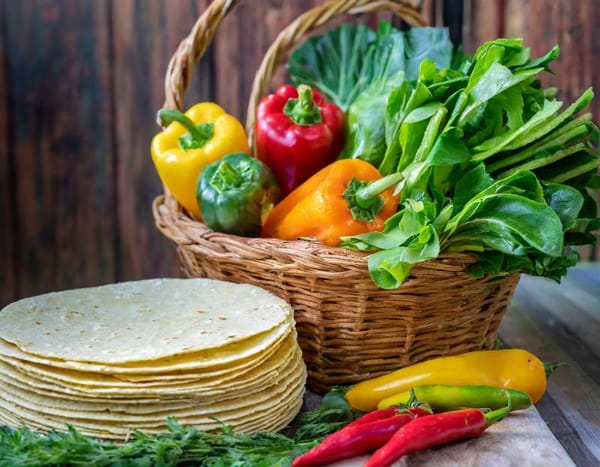What to do with used vegetable oil?
In terms of health care, it is recommended that oil has only one use because frequent overheating produces toxic substances for humans, so sooner or later some of the used oil has to be discarded, and it is commonly emptied into the drain or mixed with household garbage.

The amount of waste we produce globally has increased very rapidly in recent years. According to the World Bank (2018), 2,010 million tons of solid waste are generated annually on the planet, a manifestation that we are currently living the consequences of a society based on throwaway culture. Due to this "disposable" lifestyle, the amount of waste worldwide is projected to increase 70% in the next thirty years, so that, if urgent measures are not taken and the problem continues to be ignored, living among garbage will be part of everyday life in any corner of the globe.
The focus of recycling has centered on the waste that represents a high percentage of garbage, such as organic matter or plastics, due to the time it takes for them to degrade; however, one part of this waste has historically been ignored and increasingly demands greater attention: cooking oil, which is used in practically all Mexican homes, and which is of concern because a single liter of oil can contaminate a thousand liters of water.
Vegetable oils, whose consumption has increased in recent decades, are considered important in the global diet, since they are used for frying, stewing, and seasoning, and their use depends on people's taste. According to the Procuraduría Federal del Consumidor (2019), in Mexico, the per capita consumption of oil is ten liters per year. From the point of view of health care, it is recommended that the oil has a single-use because frequent overheating produces toxic substances for humans, so sooner or later a part of the used oil has to be discarded, and it is commonly emptied into the drain or mixed with household garbage.
Have you ever wondered if you are disposing of the oil in the right place?
Many people have not questioned this and also do not know that, when oil is emptied into urban drains, this has great impacts on the drainage or garbage, such as:
Problems in the pipes of our homes, clogging and generating bad odors and creating an ideal food for pests (such as rats and cockroaches).
Accumulation in the drainage network, since vegetable oil mixed with soaps and detergents, becomes a solid that adheres to the pipes or channels, producing a reduction in the flow capacity, which in the rainy season contributes to flooding.
Increases the operating costs of wastewater treatment plants, where the oil is removed from the system.
Contamination of internal basins, the sea, and aquifers, forming a surface film that affects the exchange of oxygen with marine life, damaging the ecosystem and the species that inhabit it, as well as adhering to the plumage of birds and the fur of mammals.
Bioaccumulation of dioxins in the human food chain, which contributes to the development of some diseases such as cancer.
Soil contamination, as it may eventually leach and reach a ground or surface water body.
Loss of the possibility of recycling or reusing some of the waste that came in contact with the oil.
If the drain in our homes is not the right place, then where should we put the used oil?
The first step after use is to let it cool and then place it in a plastic bottle with a lid (PET type). When you have the bottle full, locate a collection point in your area and there they will take care of the proper disposal that does not impact the environment; in some places, they even reuse this oil in processes other than food.
There are many collection centers in Mexico, so we invite you to find out if there is one in your city and contribute with this activity to the care of the environment. And when you are preparing your next French fries, remember that, after eating them, you can put the oil in any plastic bottle and with that, you will be helping the planet, and at the same time you will contribute to avoiding many urban and health problems.
By María Carolina Ceballos Bernal, environmental educator of the Mazatlán Regional Coordination of CIAD.




